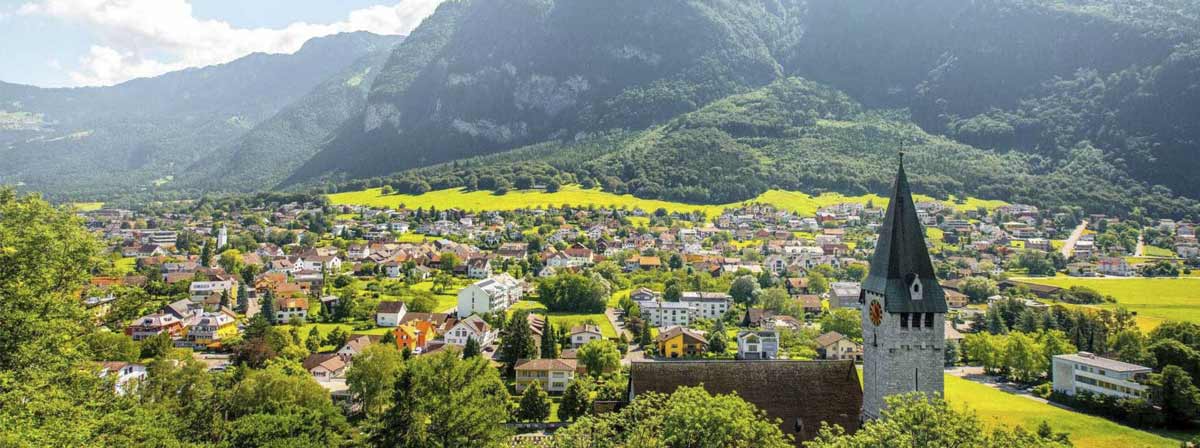
Learn all about the Liechtenstein culture in preparation for your move. VanOne international movers have created a series of guides which will help you get ready for life in a new country. Discover local traditions, holidays, and what to expect from the people and places. This article discusses culture and customs.
The Principality of Liechtenstein is a German-speaking microstate, located between the nations of Austria and Switzerland. The proximity to these countries blends together to create a unique Liechtenstein culture that is rich and diverse, and filled with traditions. It has a population of just over 38,000, therefore making it roughly the same size as the UK towns of Ramsgate, Canvey Island or Dunfermline.
Liechtenstein has existed as a separate and independent state for many centuries, though evidence of human life here can be traced back as early as 5500 BCE. Over the years, the area has been controlled by France and by Austria; though German is the main language, French is commonly spoken too. The main religion is Roman Catholic,
Today, Liechtenstein is a thriving state which makes its money through business. Many industries are registered to the small state, and non-native residents make up around two-thirds of the entire workforce. Liechtenstein is a great place to move if you want to work in the financial sector, or in the technological industries. The are many great job opportunities, and you also get chance to immerse yourself in Liechtenstein’s culture.
The language and culture of Liechtenstein is Alemannic, a German dialect. The state has assimilated the lifestyle of other central European German-speaking nations with its own set of festivals and beliefs. Many of the national holidays in Liechtenstein celebrate the Royal Family, or the changing of the seasons. As the winter draws to a close, the Fasnacht carnival season begins. Catholic holidays are also celebrated.
Liechtenstein is very proud of its links with the arts. Indeed, one of the world’s finest private art collections can be viewed at the Liechtenstein Museum. Music is also very important, and many residents spend their evenings at the concert halls watching performances by the Liechtenstein Musical Company or the International Josef Gabriel Rheinberger Society.
Television does not play a large part in the lives of Liechtenstein’s citizens. In fact, there is only one television channel. However, many people enjoy the hobby of amateur radio, using Swiss call signs to produce independent broadcasts or to communicate on radio networks.